Alcoholic beverages are popular products among many citizens. It is presented in different forms, so you should understand well what is related to alcohol products, how it should be sold properly, and how its turnover is regulated by different regulatory acts.
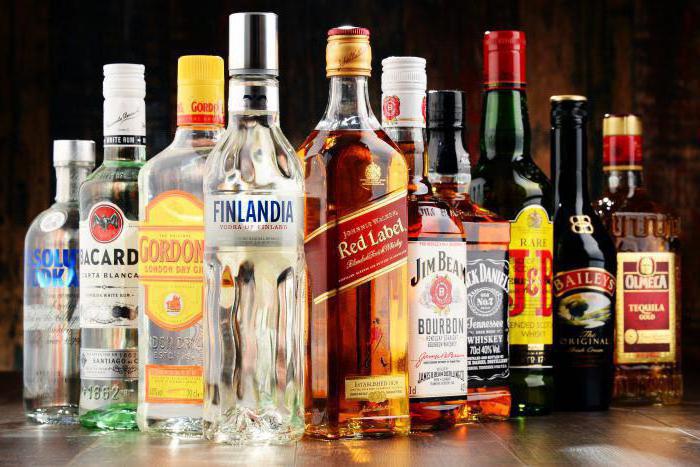
The main types of alcohol
Vodka, beer, wine and cognac are the most popular types of alcohol, but in fact there are many other types of alcoholic beverages that have their own characteristics.
Alcohol is represented by food products made using ethanol. It must certainly be made on the basis of food raw materials. Such a definition of alcoholic beverages is a common one, since in addition each type has its own definition.
Alcohol products will be divided into three different types:
- ethanol;
- wine;
- alcoholic beverages, and vodka is also included here.
Alcohol includes drinks that are produced with or without the addition of ethyl alcohol. Even if its content in the finished product does not exceed 0.5%, the product is still alcoholic. All owners of outlets and sellers should understand what is related to alcoholic beverages, as their sale to minors is prohibited.
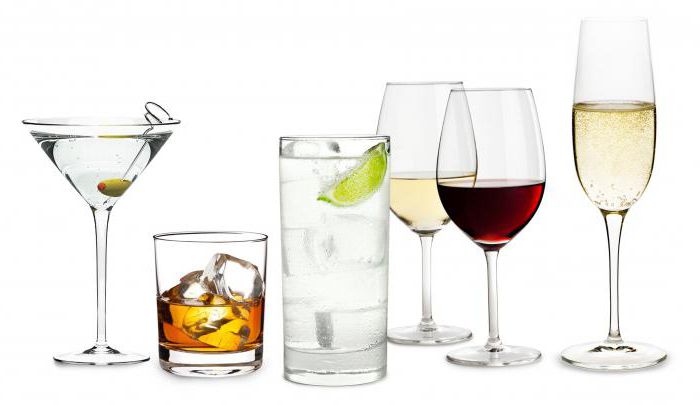
What should be on the package?
Sales of alcoholic beverages should be carried out only if the outlets have the appropriate license. Additionally, such products must be purchased exclusively from trusted suppliers. It is taken into account that the package must contain information in Russian:
- name of a specific drink;
- type of alcoholic beverages;
- her price;
- name of the production company, as well as its legal address;
- country in which the goods were produced;
- certification and declaration of the drink;
- compliance with standards and requirements;
- volume in the container;
- a composition that includes all the ingredients that directly affect the taste and aroma of the product;
- warning that the product contains any substances that are harmful to health;
- contraindications for use;
- date and place of production and bottling of the drink.
If vodka, beer or other similar products do not have the above information on the packaging, then this indicates significant violations. Severe penalties may apply to the manufacturer and seller.
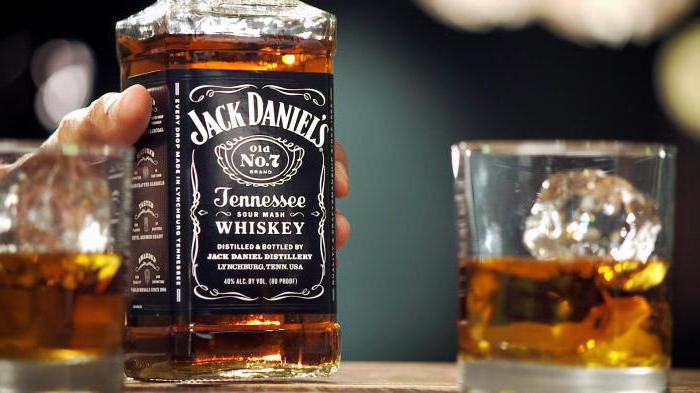
How is alcohol sold?
The retail sale of alcoholic beverages is allowed exclusively by companies or entrepreneurs who have the necessary documentation:
- Help required for products that simulate alcohol;
- consignment notes;
- Help attached to the bill of lading.
All of the above papers must be available at each outlet, so if they are even missing partially, it is believed that the employees of such a store carry out illegal traffic.
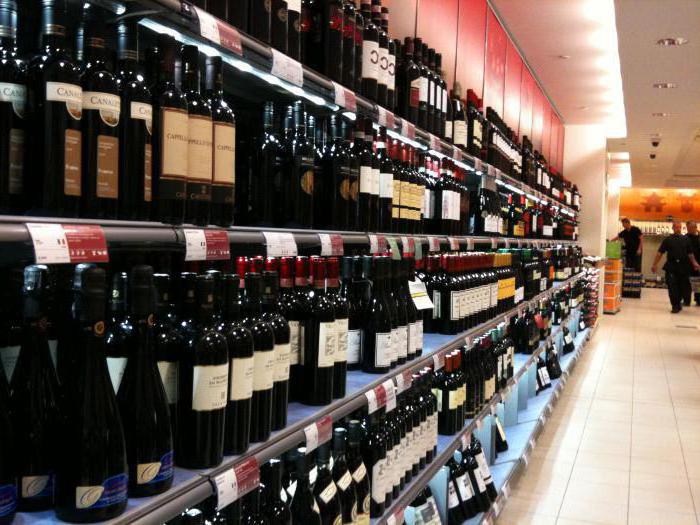
Additionally, the law on the regulation of the turnover of alcoholic beverages requires a certificate of conformity, which confirms that the quality of the products offered is at a high level. Stores must receive declarations of conformity from suppliers. If there are no such papers, then the circulation of alcohol is considered illegal, therefore, the products must be seized by the inspecting authorities.
What legislation governs the sale?
Back in the 90s, a special law was introduced, on the basis of which the procedure for the sale of alcoholic beverages is regulated. It has undergone significant changes, but its main goal has remained unchanged, so its purpose is to regulate the relations that arise between legal entities and individual entrepreneurs represented by alcohol sellers and private buyers.
Federal Law No. 171 regulates the process of turnover and the creation of alcohol-containing and alcoholic products. Additionally, it contains rules to limit the consumption of such products. It was adopted by the State Duma in 1995. Recent changes were made in 2016.
Law content
It is indicated in this act that it relates to alcoholic beverages, how it should be properly manufactured and sold, and restrictions on its sale and consumption are also taken into account. The document consists of 4 chapters, each of which has its own purpose:
- In the first chapter 7 articles are included. It contains the main provisions of the law, namely its scope, regulation, as well as the powers vested in state institutions.
- In the second chapter There are 9 articles containing requirements for various goods, which include ethyl alcohol. Documents that should be available from manufacturers and sellers are taken into account, as well as the rules that firms must follow during the production process when using special equipment are prescribed.
- The third chapter contains only 4 articles that indicate how the licensing of alcoholic beverages is carried out, and it also spells out why the license is terminated. There is information about the rules for its recovery.
- The fourth chapter includes 4 articles that contain information about the rules for controlling the work of companies that manufacture and sell alcohol. This control can be not only state and licensed, but also public.
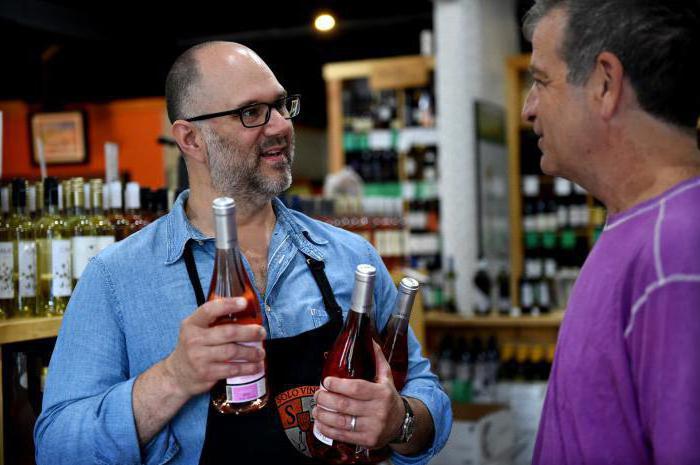
Violation of the main provisions of this law leads to the termination of the license, so firms can no longer produce and sell alcohol.
Who does the law not apply to?
Federal Law No. 171 does not apply to citizens and companies:
- people who independently create products with a certain alcohol content, but it should be used exclusively for their own consumption, and not for sale;
- firms creating registered medicines that contain alcohol;
- pharmacies that manufacture drugs using ethanol;
- companies that create and use products that contain alcohol, but they must be sold in metal packaging, their volume cannot exceed 450 ml, and it itself must be unsuitable for use inside;
- organizations specializing in the import or export of alcoholic beverages outside the Russian Federation, which is then used by the representations of other countries or acts as samples at various exhibitions.
All the above products are not in free circulation, like other types of alcohol.
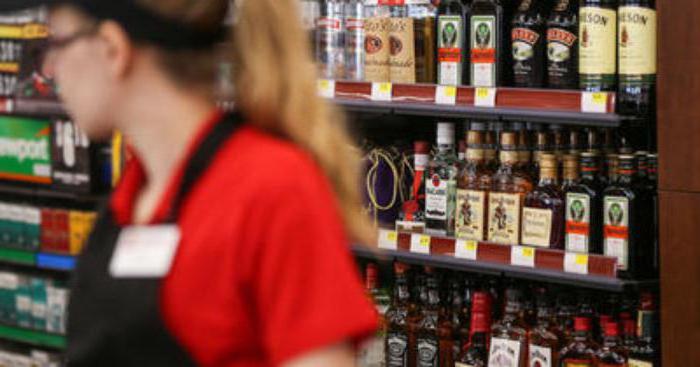
What equipment should be used in production?
Companies involved in the manufacture of alcoholic beverages should use specialized equipment for this. Based on the Federal Law No. 171, this equipment must have the appropriate certificates.
Production may be carried out by individual entrepreneurs or firms, as well as farms. Any company should equip the equipment with special sensors, on the basis of which the alcohol content in alcoholic products is easily determined. In addition, special details are added to it, which allow recording and transmitting information to a single information network.
What are the requirements for manufacturers?
There are numerous requirements not only to sellers of alcoholic beverages, but also to producers. These include the following points:
- manufacturers must be licensed for this type of activity;
- one company cannot produce more than 5 thousand decaliters of wine per year;
- agricultural producers can create wine, but for this own grapes must be used;
- sale can be carried out by both legal entities and individual entrepreneurs;
- suppliers of alcoholic beverages during the manufacturing process should use only ethyl alcohol derived from food raw materials.
Violations of these rules lead not only to the imposition of significant fines, but also to the possible suspension of firms.
What innovations have been introduced into the law?
Since 2013, numerous changes have been introduced into the legislation regarding the production and sale of alcohol:
- It is not allowed to advertise strong alcoholic drinks through the Internet or print media;
- vodka prices were increased by about 40%;
- on the packaging of each product should be inscribed that the excessive use of such drinks is harmful to human health;
- drinking such drinks is allowed only in some places;
- the sale of alcoholic beverages is prohibited at night if its strength exceeds 5%.
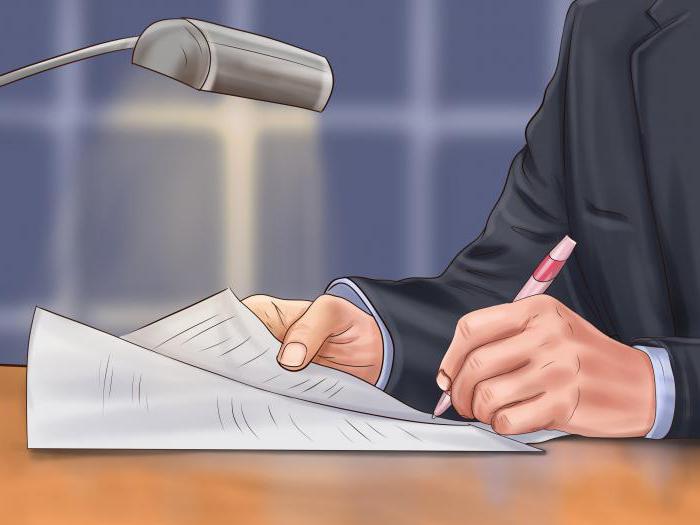
The ban on the sale of such drinks to minors remains unchanged.
What time can I sell alcohol?
There are time limits on the sale of alcohol. It can vary significantly in different regions.
Standard in different cities is not allowed to sell such products from 23:00 to 8:00. Local authorities can only increase this period of time, and not reduce it, therefore, in some regions the ban begins at 21:00. But even in this period of time, the sale of some drinks is allowed:
- beer, the strength of which does not exceed 5%;
- beer drinks of low strength;
- Cider, Poiret and Mead.
This situation leads to the fact that in many cities there are a large number of beer bars, working around the clock and are very popular. Complications arise if they open in residential buildings, therefore, local prohibitions on the work of these institutions in apartment buildings are introduced.
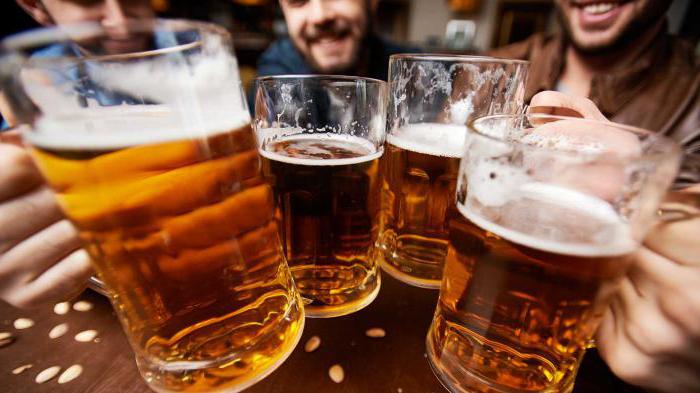
Where is alcohol banned?
It is important to understand not only what relates to alcoholic beverages, but also where they can be sold. It is forbidden to sell alcohol in:
- educational institutions;
- medical organizations;
- sports facilities;
- in bazaars, which may be wholesale or retail;
- at vehicle stops or in the subway;
- public transport;
- structures used by troops;
- at train stations;
- airports
- buildings or on land where sources of high danger are located;
- in the territory where mass public events are held.
Identification of this violation leads to significant fines for the owner of the trading organization, and he will also have to suspend his activities.
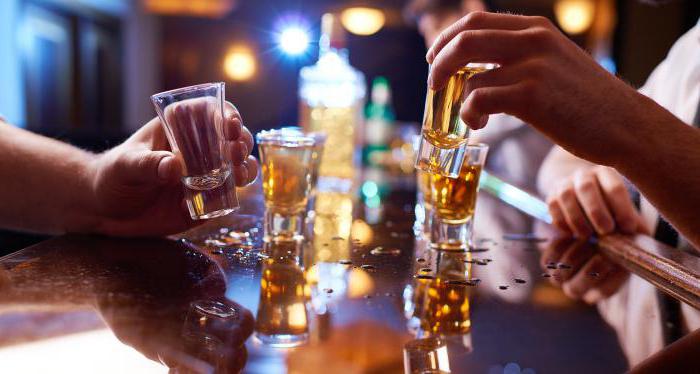
Wholesale Nuances
Wholesale sales suggest that the company buys alcohol, stores it in optimal conditions, and then delivers it to retail outlets.
Engage in this process is allowed only with a license, which must be obtained in the service for regulating the alcohol market. The license is valid for 5 years. It is issued only after the applicant has paid a fee in the amount of 800 thousand rubles.
Thus, each individual entrepreneur or company that plans to manufacture or sell alcoholic beverages should have a good understanding of which drinks belong to it, how the process of production and sales is regulated, and also what requirements are placed on the goods themselves and outlets. Examining this information will avoid significant fines or problems with inspection bodies.